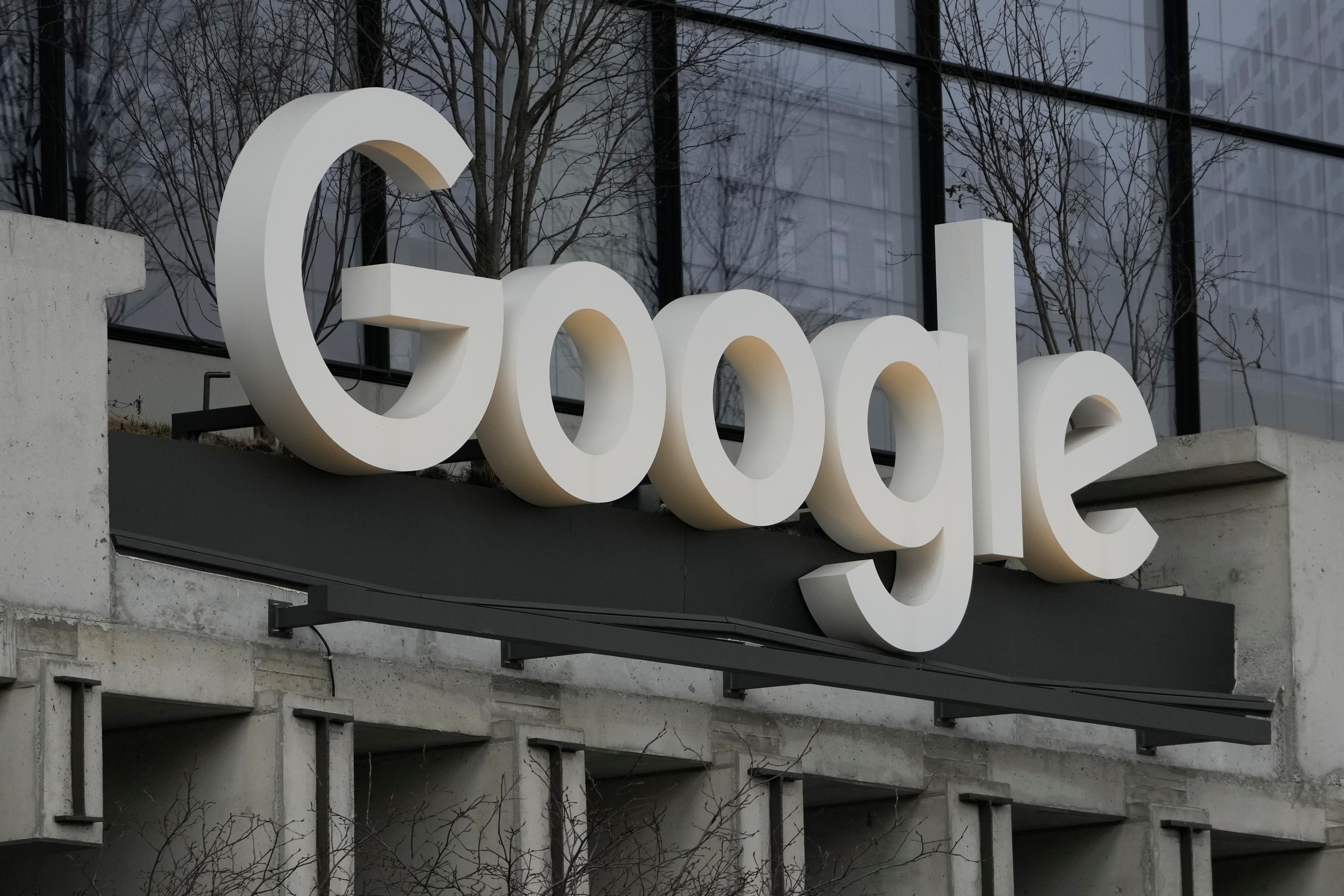Epic Games sues Google and Samsung over anti-competition collusion claims
The Fortnite maker has accused the two tech giants of working together to block competition in app distribution.

The maker of Fortnite is filing a lawsuit in the US against Google and Samsung, accusing the two firms of “colluding” to make it harder for third-party apps to be downloaded on their platforms.
Epic Games has accused Google of pushing Samsung – which runs Google’s Android operating system on its phones – into making it harder for users to download apps from places which are not Google or Samsung’s own app stores.
In its lawsuit, Epic alleges that Samsung’s recent switch to make a feature called Auto Blocker – a tool which stops users from installing apps from third party sources – on by default was “intentionally crafted” by Google and Samsung to create more friction for users when they try to download apps from alternate app stores.
The Fortnite maker argues that Google has been trying to “pre-emptively undermine” a previous ruling made in US court, which found the tech giant had created an “illegal monopoly” in how it operated app distribution on Android, giving its own Google Play Store prominence and limiting access for other, third party app stores.
In a blog post announcing the lawsuit, Epic Games said: “We are filing a court case against Google and Samsung over coordinated efforts to block competition in app distribution on Samsung devices with Samsung’s default-on Auto Blocker feature.
“Auto Blocker is the latest in a long series of dealings in which Google and Samsung have agreed not to compete to protect Google’s monopoly power.
“Auto Blocker cements the Google Play Store as the only viable way to get apps on Samsung devices, blocking every other store from competing on a level playing field.
“Our litigation alleges that Samsung’s recent implementation of the Auto Blocker feature was intentionally crafted in coordination with Google to pre-emptively undermine the U.S. District Court’s remedy following the jury’s verdict in Epic’s case against Google.
“The jury found that Google’s app store practices are illegal, including the unlawful agreements Google enters into with phone manufacturers such as Samsung.
“Allowing this co-ordinated illegal anti-competitive dealing to proceed hurts developers and consumers and undermines both the jury’s verdict and regulatory and legislative progress around the world.”
The game developer has been fighting big tech firms for years over anti-competitive behaviour on their app stores, and only recently returned to both Android and Apple’s iOS platform in Europe after new EU rules forced the firm’s to loosen their controls on third-party app stores, allowing Epic to launch its own the Epic Games Store on their platforms.
Speaking to reporters about the lawsuit, Epic Games chief executive Tim Sweeney said the company was concerned that Google was looking to get around any potential restrictions placed upon it to open up its platform, by encouraging phone makers and others that rely on the Android operating system but not subject to the same rulings, to implement the alleged anti-competitive processes instead.
“The timing of this is really disconcerting,” he said.
“Epic went through major antitrust litigation at a jury trial at the end of last year – we won. the jury trial on all counts.
“A fear we’ve had all along is that Google would take many of the illegal practices that they’re doing and convince carriers and OEMs (original equipment manufacturers) to do them instead.
“So that when the court finally issues remedies and an injunction against Google practices, we are very concerned that Google would simply attempt to hand off all of those bad practices to partners who are not under that injunction and to continue to block competing (app) stores and to make Android an incredibly difficult platform to compete on.”
Mr Sweeney said since Samsung had made the switch to make the Auto Blocker feature on by default, it had created a 21 step process that users now needed to go through to download the Epic Games Store and access Fortnite.
He also accused the two companies of “misleading” users through their labelling of the Epic Games Store download file as “unknown” when users attempt to install it, arguing that the games developer has had a long-standing relationship with both companies and is not an unknown or unverified source.
Bookmark popover
Removed from bookmarks